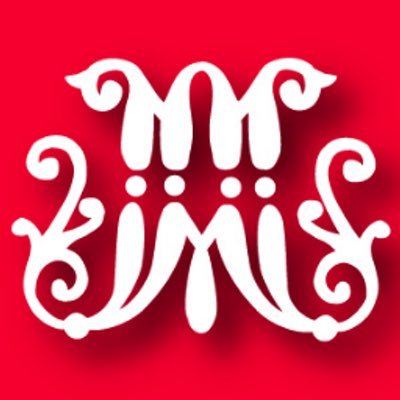Walt Hawver Collection, 1939 - 1998 18 Linear Feet
Walt Hawver
This collection contains documents, letters, newspaper clippings and audio cassette tapes covering the history of Capital Cities Broadcasting for use in Walt Hawver’s published book, Capital Cities/ABC, the Early Years: 1954-1986, How the Minnow Came to Swallow the Whale.

